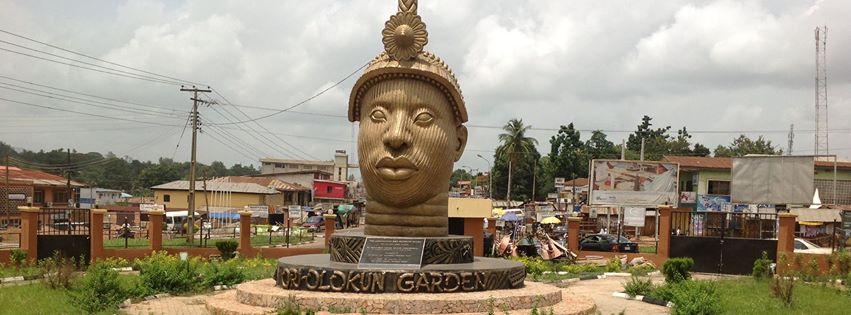
One of the most debated issues at the moment is the clamour for the political restructuring of the country; it has become a singsong. But the debate has attracted diverse views and demands such that there appears to be no clearly defined understanding among Nigerians on what restructuring means and whether it will move the nation forward or disintegrate it as demanded by IPOB.
Among the various views and demands anchored on restructuring is the agitation by some people for a return to regionalism as in the first republic arrangement of the federation. Others say what is needed is the devolution of some of the powers and roles of the federal government to the states, to shed the current unitary-like political structure and return to the practice of true federalism. Yet, for some, it is about a restructuring that would allow communities greater control over the resources in their domains. The issue has been further complicated by the rise of separatist groups agitating for a reconfiguration that will allow the break away of any part of the country desiring to do so, to chart its own destiny.
Chief Folu Olamiti was variously Editor, Sunday Tribune, Nigerian Tribune and Executive Director. He was also Media Consultant, ICPC. He told Daily Sun in Ibadan, Oyo State: “Against this background and the resultant mounting tension in the land, a policy advocacy group known as the Yoruba Leadership and Peace Initiative (YLPI), organized a non-partisan retreat of Yoruba leaders from the South-West on Thursday, June 29, 2017, at the Lead City University Conference Centre, Ibadan, to brainstorm on the issue and proffer the way forward. Tagged the Yoruba Unity Retreat, the forum was attended by distinguished and experienced statesmen, leaders of thought and eminent professionals from the South-West.
“The state of the nation address delivered by its convener, Otunba Deji Osibogun, gave an insightful background to the deliberations. He noted that the struggle for restructuring had come a long way, from the days when Nigerians wrangled over how to convene a national dialogue on it, whether sovereign or non sovereign conference, to the actual bold steps taken by the Obasanjo and Jonathan administrations to bring the people together to dialogue and fashion the way forward. He noted that the 2014 National Conference convened by Goodluck Jonathan was a major breakthrough in the struggle as it was in that conference that participants representing various ethnic nationalities, groups and instititions, agreed on the major outcomes expected from the proposed restructuring.
“Among the agreed expectations are the return to true federalism with the states as federating units and the concomitant devolution of powers, roles and resources from the centre accordingly. Osibogun called for the implementation of the 2014 National Conference recommendations before the next general elections in 2019. After a serious brainstorming session by participants, a communique was issued on the resolutions and decisions of the retreat.
‘The communique affirmed the unity of the Yoruba people in the South-West states namely Oyo, Ogun, Lagos, Osun, Ondo and Ekiti as well as Kogi, Kwara, Edo and Delta states. and pledged the commitment of the Yoruba Leadership and Peace Initiative and the Yoruba race in general to the unity and continued territorial integrity of Nigeria. “The communique, however, strongly stated that the Yoruba people insist that in view of the economic and political challenges facing the Nigerian nation, the political restructuring of the nation had become imperative and overdue, requiring a return to the practice of true federalism, devolution of power, more resources to states and local governments with a view to maximizing the advantages of each constituent unit of the federation.
“It is significant that the position adopted by Yoruba leaders at the retreat has become the popular stance of numerous leaders and groups across the country including the Afenifere from the South-West, Ohanaeze Ndigbo leaders from the South -East, leaders from the South-South as well as the Southern leaders Forum and also the Southern and Middle belt Forum. Although the North is yet to take a formal a position as it awaits the report of an advisory committee, some of its notable leaders such as former President Ibrahim Babangida and former Vice President Abubakar Atiku have strongly endorsed restructuring.
“In fact, Atiku insists that not only is restructuring necessary, it is feasible and some aspects of it such as the devolution of some roles and responsibilities of the Federal Government to states can be achieved without constitutional amendments. From all indications, a national consensus already points to the necessity for a political restructuring of the country and it appears that the easiest way to go about it is to implement the recommendations of the 2014 National Conference. But as of now, that option is still elusive given the reluctance or cautious approach of the







